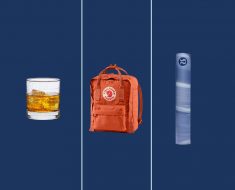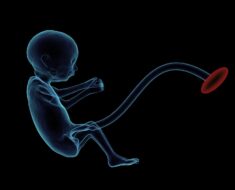A top medical journal has retracted six studies by Brian Wansink, founder and current director of Cornell University’s Food and Brand Lab, following allegations of scientific misconduct.
The eating behavior researcher is known for his work about how the environment shapes people’s perception of food and what people end up eating. Wansink, who once led the USDA committee on dietary guidelines, is also one reason why food companies now offer smaller snack packaging.
Wansink, once dubbed “The Sherlock Holmes of Food”, has written two books and more than 100 studies on the psychology of eating. The food scientist, however, is now in hot water for questionable studies.
In 2017, a group of scientists found no evidence to support 150 of Wansink’s findings in a series of studies known as “the pizza papers”.
Leaked emails obtained by Buzzfeed also revealed questionable practices, which include conducting data gathering first before developing hypothesis to go with the data.
Former members of the Food and Brand Lab also told the Cornell Daily Sun about questionable research methods that Wansink used to produce findings that could bring media exposure to the lab.
A former intern in the lab said she left before her internship ended because she was appalled by the unethical research methods that Wansink used.

“I remember him saying it so clearly: ‘Just keep messing with the data until you find something,’” Arianna Ulloa said. “All his methods are so unethical that I can’t understand how an institution like Cornell could keep him on as a professor and keep paying him.
Medical journals eventually retracted seven of Wansink’s works.
On Sept. 19, the Journal of the American Medical Association revealed in a statement that it is retracting six more studies of Wansink, bringing the total of his retracted studies to 13.
JAMA editor in chief Howard Bauchner explained that the journal opened an investigation after concerns about Wansink’s work were raised. The journal requested Cornell University to conduct an independent evaluation of the articles to find out if the results are valid.
It finally received word that the university cannot support Wansink’s work. Cornell said that it does not have access to the studies’ original data, so it cannot confirm the scientific validity of the results.
“Cornell University has notified JAMA that based on its investigation they are unable to provide assurances regarding the scientific validity of the six studies,” Bauchner said.
The retracted studies concluded that hungry grocery shoppers tend to buy more food, people are more likely to eat starchy food when they have not eaten in a while, and watching action on TV during dinner can make people eat more.
Source: Read Full Article





